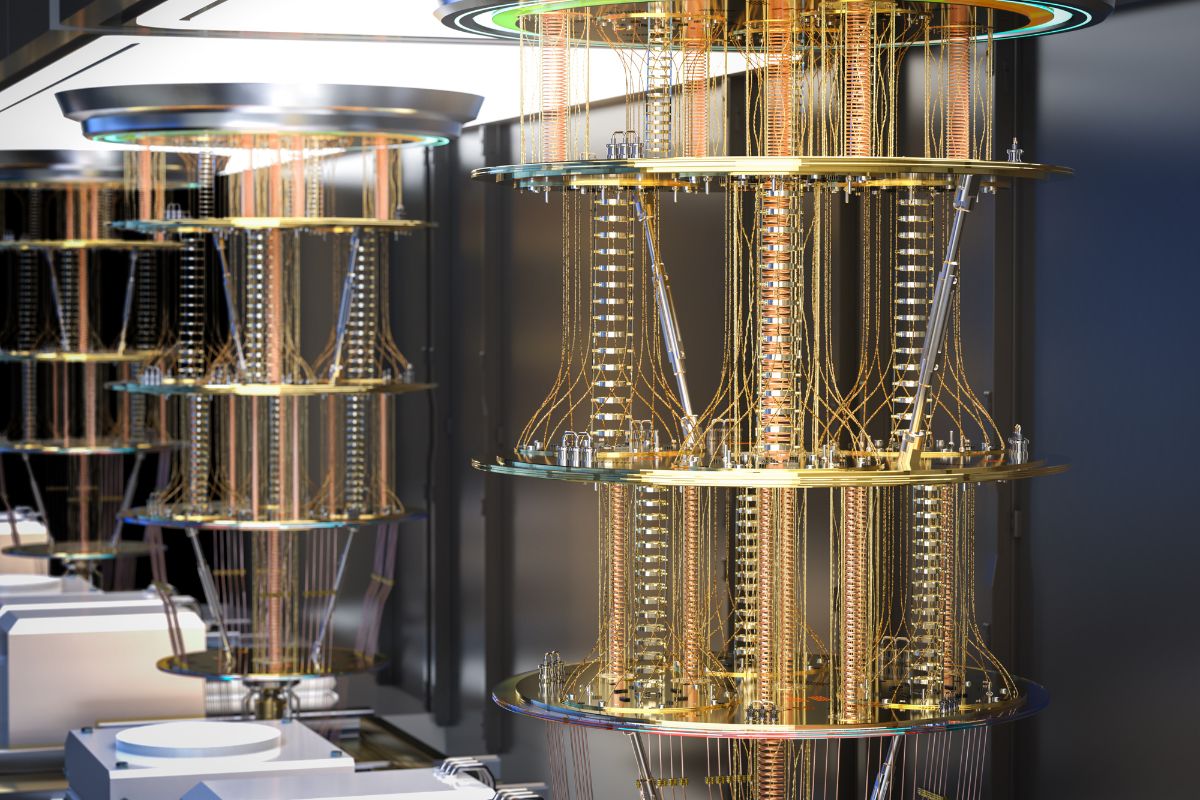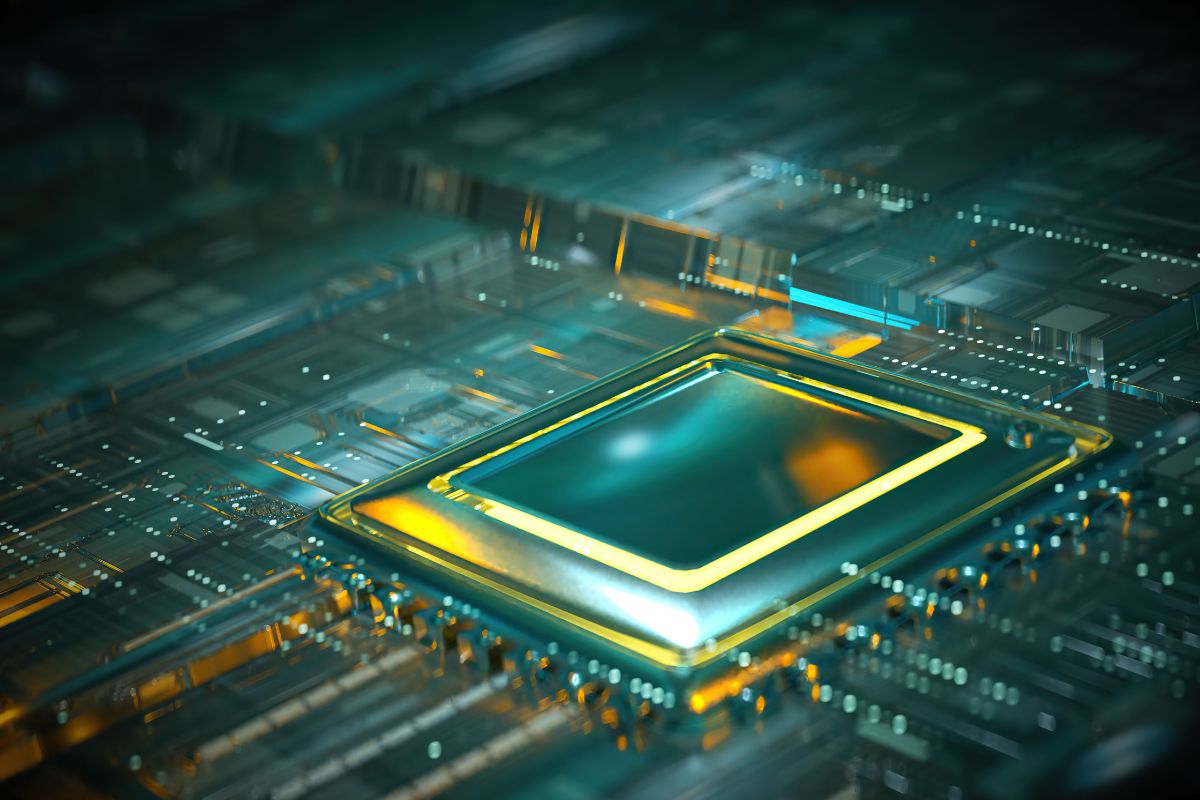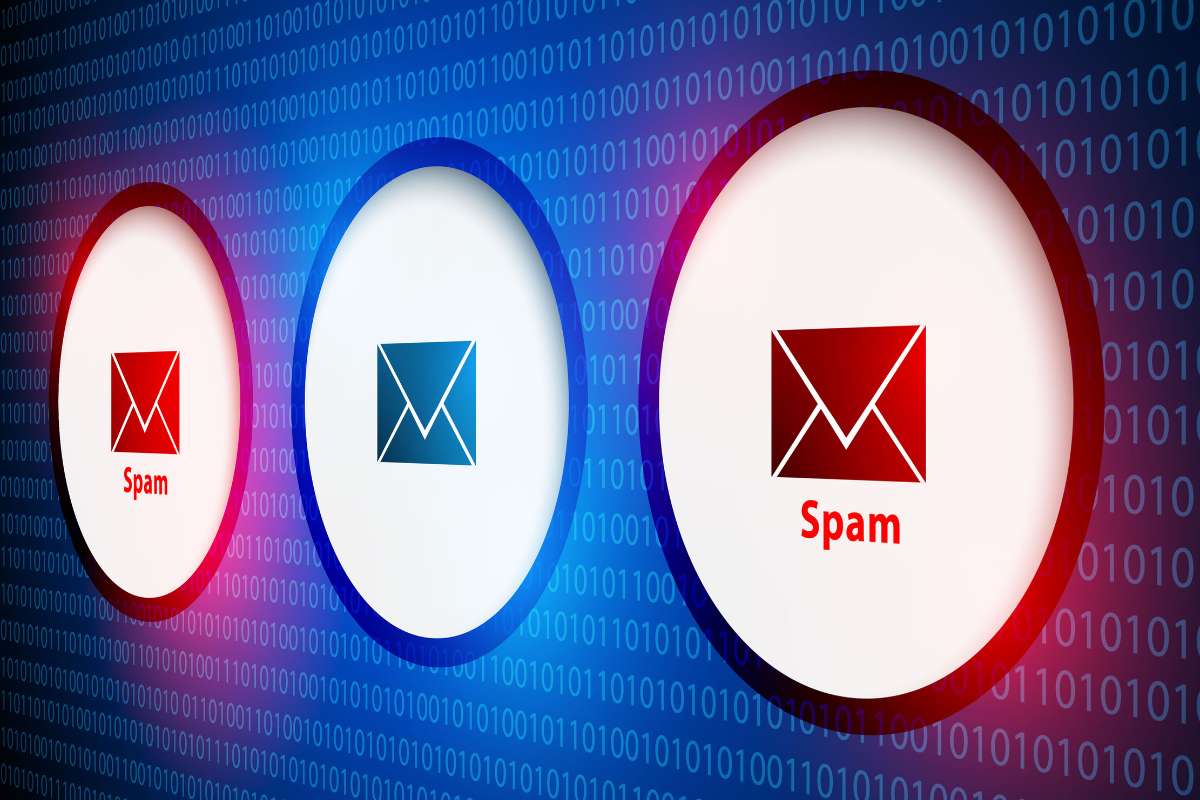Quantum computing is reshaping the future of technology, offering unprecedented computational power and the ability to solve complex problems beyond the reach of classical computers. At the forefront of this revolution is Google, a tech giant renowned for its innovation and leadership. Google’s ventures into it promise to unlock new frontiers in various fields, from cryptography to drug discovery. This article delves into Google’s journey with quantum computer technology, its groundbreaking achievements, and the future implications of this cutting-edge technology.
What is Quantum Computing?
It represents a paradigm shift in how we approach problem-solving and data processing. Unlike classical computers, which use bits as the smallest unit of information, quantum computers utilize quantum bits or qubits. These qubits leverage the principles of quantum mechanics, such as superposition and entanglement, to perform complex calculations more efficiently.
The key distinction between quantum and classical computing lies in their processing capabilities. Classical computers operate on binary logic, handling one calculation at a time. Quantum computers, however, can process multiple possibilities simultaneously due to their qubits’ unique properties, potentially solving certain problems exponentially faster.
The Evolution of Quantum Computing
Its roots trace back to the early 20th century, with foundational theories proposed by physicists like Max Planck and Albert Einstein. However, it wasn’t until the late 1980s and early 1990s that the field gained momentum, thanks to pioneering work by Richard Feynman and David Deutsch. They introduced the concept of quantum computation and developed the theoretical framework for quantum algorithms.
Over the years, it has progressed from theoretical models to practical implementations. Significant milestones include the development of quantum gates, quantum error correction codes, and the creation of early quantum processors. These advancements have laid the groundwork for the current state of quantum computing.
Google’s Role in Quantum Computing

Google has positioned itself as a leader in this arena with its ambitious projects and cutting-edge research. The company’s computing journey began with the establishment of Google Quantum AI, a division dedicated to advancing quantum technologies. One of the most notable achievements in this domain was Google’s claim of quantum supremacy in 2019.
Google’s quantum supremacy announcement marked a significant milestone in quantum computing history. The company demonstrated that its quantum processor, Sycamore, could perform a specific computation faster than the world’s most powerful classical supercomputers. This achievement validated the potential of this computing and highlighted Google’s pivotal role in this revolutionary field.
Google’s Quantum Hardware: The Sycamore Processor
At the heart of Google’s quantum computing efforts is the Sycamore processor, a state-of-the-art quantum chip designed to showcase the power of quantum computation. Sycamore features 54 qubits arranged in a two-dimensional grid, enabling it to execute complex quantum circuits with high fidelity.
The processor’s design incorporates advanced superconducting qubit technology, which allows for precise control and measurement of qubits. Sycamore’s performance metrics have been impressive, achieving remarkable results in benchmark tests and demonstrating the feasibility of large-scale quantum computation.
Quantum Algorithms and Software
In addition to hardware advancements, Google has also made significant strides in developing quantum algorithms and software. Quantum algorithms are crucial for harnessing the power of quantum computers, enabling them to solve specific problems more efficiently than classical algorithms.
Google has pioneered several quantum algorithms, including those for optimization, machine learning, and simulation. The company’s quantum software stack includes tools like the Quantum Development Kit and Cirq, a Python library for designing and running quantum circuits. These tools facilitate the development and testing of quantum algorithms, driving innovation in various application areas.
Applications of Google’s Quantum Computing
The potential applications of Google’s quantum technology are vast and transformative. In the realm of cryptography, quantum computers could break traditional encryption methods, prompting the need for quantum-resistant algorithms. In drug discovery, quantum simulations could accelerate the development of new pharmaceuticals by modeling complex molecular interactions.
Other potential use cases include optimization problems in logistics and finance, where quantum algorithms could enhance decision-making processes and resource allocation. As quantum technology matures, its applications are expected to expand across multiple industries, driving significant advancements in science and technology.
Challenges in Quantum Computing

Despite its promise, it faces several technical and practical challenges. One of the primary challenges is maintaining qubit stability and coherence, as qubits are highly sensitive to environmental disturbances. Quantum error correction is also a critical area of research, as errors in quantum computations can significantly impact results.
Google is actively addressing these challenges through ongoing research and development efforts. The company is working on improving qubit fidelity, developing more robust quantum error correction codes, and exploring new quantum computing architectures. These efforts are crucial for overcoming the current limitations and advancing this field.
The Future of Quantum Computer Technology at Google

Looking ahead, Google’s quantum endeavors are poised to drive further innovation and breakthroughs. The company has outlined several ambitious projects, including scaling up its quantum processors and developing more advanced quantum algorithms.
Future research directions include exploring new materials and technologies for qubits, enhancing quantum error correction techniques, and expanding the range of practical applications. Google’s commitment to advancing quantum technologies will play a significant role in shaping the future landscape of this computing.
FAQs
1. What is Google’s role in quantum computing?
Google is a leading innovator in quantum technology, with significant contributions including the development of the Sycamore processor and the achievement of quantum supremacy.
2. How does Google’s Sycamore processor work?
Sycamore is a quantum processor featuring 54 qubits arranged in a grid, utilizing superconducting qubit technology to perform complex quantum computations.
3. What are the practical applications of quantum computing?
It has potential applications in cryptography, drug discovery, optimization problems, and various other fields requiring advanced computational capabilities.
4. What challenges does quantum computer technology face?
Challenges include maintaining qubit stability, quantum error correction, and scaling up quantum processors to handle more complex computations.
5. What are the future prospects for Google in quantum computer technology?
Google’s future prospects include scaling up quantum processors, developing advanced quantum algorithms, and expanding the practical applications of this technology.
Conclusion
Google’s contributions to this computing represent a transformative leap in technology, with the potential to revolutionize various fields and solve complex problems. From its groundbreaking Sycamore processor to its innovative quantum algorithms, Google’s advancements highlight the immense possibilities of quantum computing. As the technology continues to evolve, its impact on science, industry, and society will undoubtedly be profound, ushering in a new era of computational capabilities.






